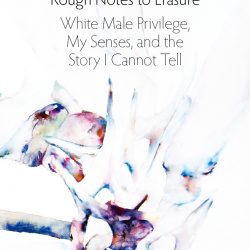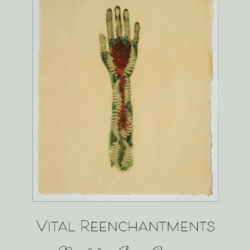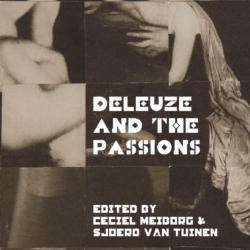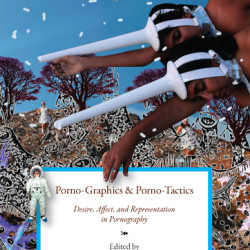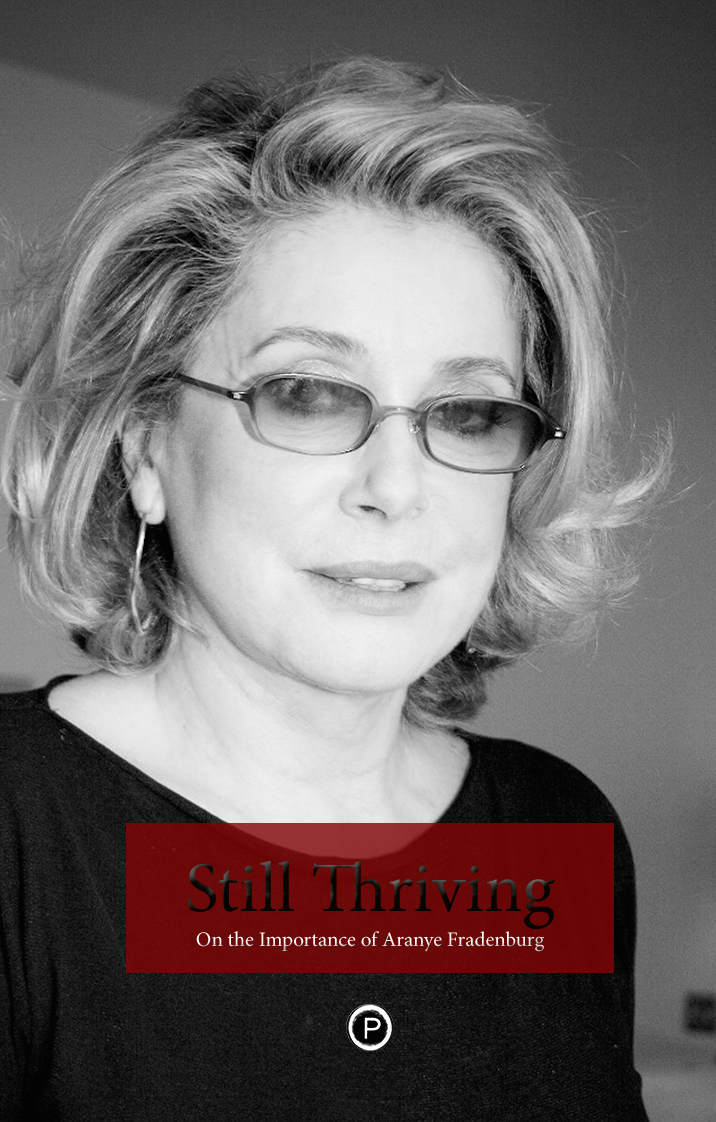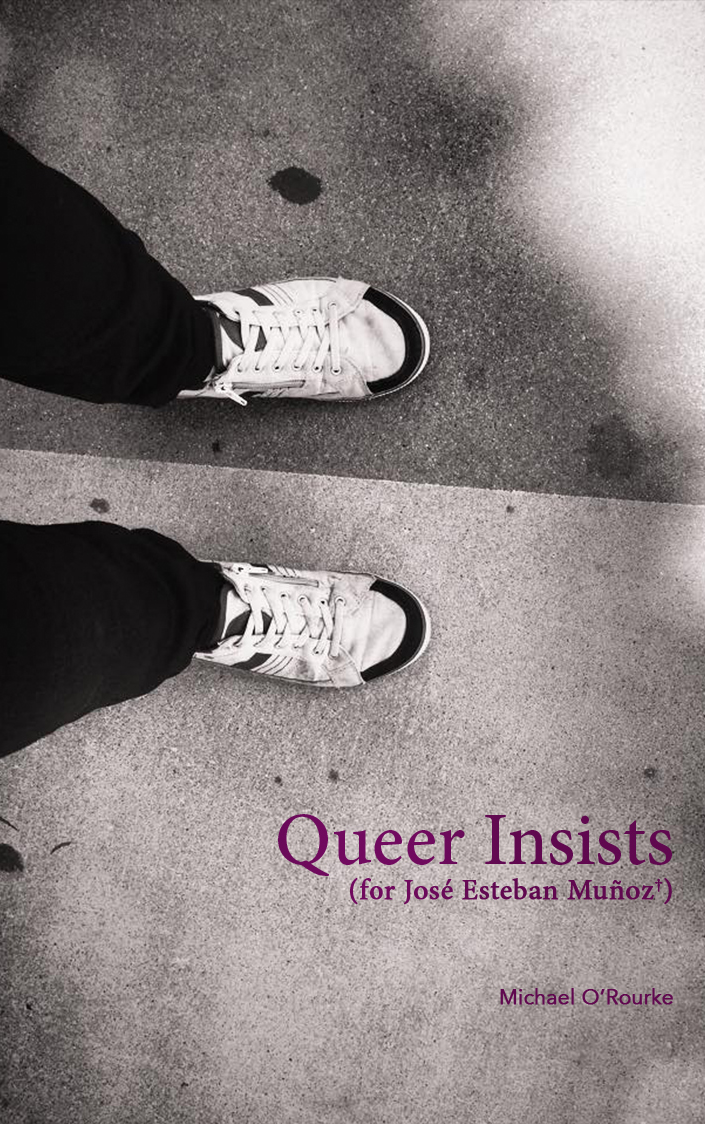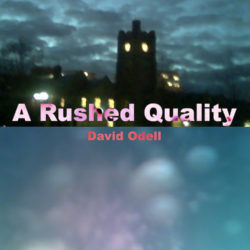Rough Notes to Erasure: White Male Privilege, My Senses, and the Story I Cannot Tell
Published: 04/23/2020
We are living through the wrack of the White Male. As the compact between social hierarchy, inherited privilege, and race (reinforced by gender and other normative categories) shows signs of buckling, his rage and resentment threaten us all. For he is a thing possessed: possessed by his own love of possession, and born to a[…]

